Tapco HomeDry Basement Waterproofing in London
We are long term members of Trust Mark and a member of the BWA. CHAS accredited contractor. In addition, all of our surveyors are trained to the high standards of the PCA (Property Care Association).


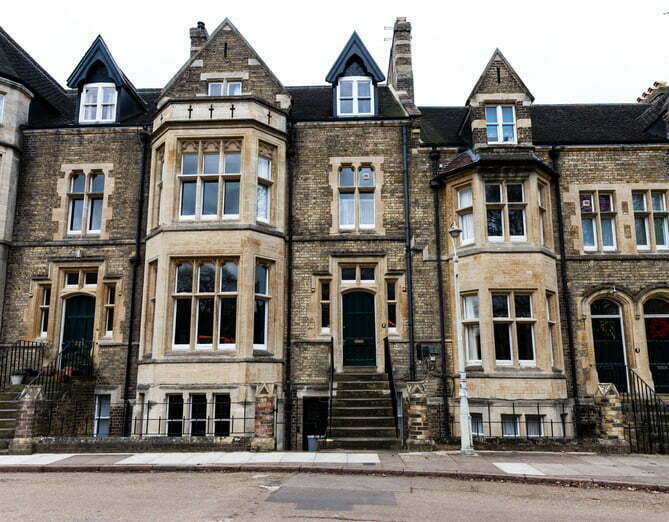
Basement Waterproofing Specialist in London
Uncover more space in your home by expanding into your basement. Tapco Homedry has been helping customers to transform their homes with professional basement waterproofing for the past 50 years. We’re the experts in making spaces watertight, warm and comfortable. While basements might be a common feature in London homes, they aren’t always prepared for habitation.
We can help prepare your basement with extensive waterproofing that will ensure your investment remains warm and dry. Your flooring, decor and furnishings will be protected from damp and moisture thanks to our highly effective basement waterproofing services.
Basement waterproofing in London
As your local basement waterproofing experts, we can assist with a wide range of challenging situations. We use the latest techniques and tools to waterproof basement spaces without the need to dig into your foundations. Internal waterproofing is highly effective for existing structures with failed or non-existent waterproofing measures.
We can help you to turn a damp basement into a functional living space that could be used as a secondary living space, a guest bedroom, home office, home gym or home cinema. Waterproofing the space will ensure groundwater does not impact the comfort or warmth of the space. It will also prevent your furniture and possessions from being damaged by moisture ingress.
Popular waterproofing methods
A damp proof course is the most popular method for waterproofing a property. Most people are familiar with this method that will help to protect their home from rising damp. With basement spaces that are below ground level, the concern is not rising damp by hydrostatic pressure. This happens when ground water is forced through the pores of a structure through pressure alone.
Without waterproofing, the water will seep into your basement and pool in the lowest points. This will lead to damp and humid conditions that are primed for mould growth. The only way to avoid this situation is to waterproof the walls and floors to prevent moisture getting into your basement space. We then use dehumidifiers to draw out moisture and make the space habitable.
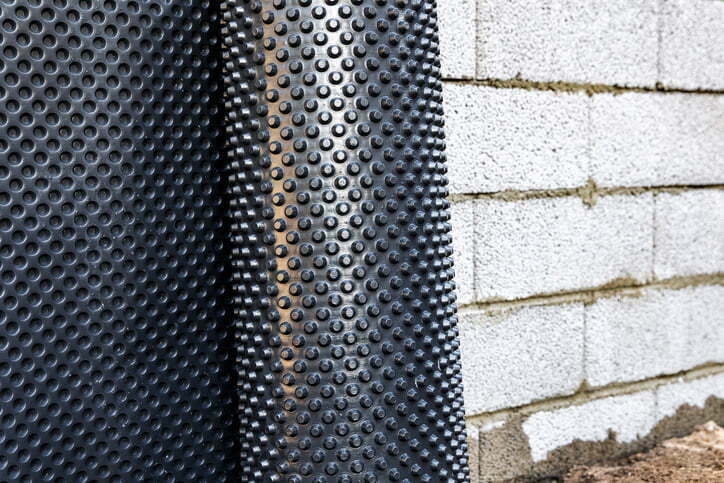
What happens if you don’t waterproof your basement?
Without basement waterproofing, you run the risk of moisture building up in your basement space. This can lead to pools of water that damage your flooring and decor. The space will also be very damp and difficult to keep warm. You might also have mildew and mould growth.
Is it better to waterproof a basement from inside or outside?
Once a structure has been built, it’s far easier to waterproof the structure from the inside. This is because waterproofing from the outside will involve deep excavations into your foundations which can be costly and disruptive. If you are building a new property and plan to use the basement space, it makes sense to waterproof the structure as it is constructed.
Which waterproofing is best for a basement?
This all depends on your space and what measures have been taken in the past. Your surroundings and proximity to large bodies of water will also have an impact on the best methods for your home. During a home survey, we can identify the best method of waterproofing your basement and provide a full quote. This will allow you to move forward with confidence that you are making the right choice for your home.
How do you waterproof a basement space?
Before converting a basement into another living space, you will need to make sure the space is properly waterproofed. Don’t assume that this has been done already, even if your basement seems quite dry. The first step in waterproofing a basement space is to identify any larger cracks and seal them. Next, we apply a cementitious structural waterproofing slurry to the walls and floor of the basement. This creates a barrier that stops water getting through.
Another method involves using high-density, polyethylene studded membranes on the walls and floor of your basement. This blocks water and channels is out to a pump where it can be removed from your basement. This would be recommended in an area with a high water table where ground water might be more of an issue. If your basement often floods, this could be an effective way to keep the space dry.


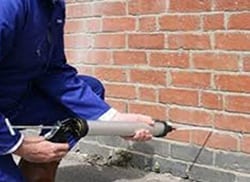 Damp Proofing
Damp Proofing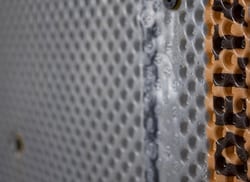 Basement Damp Proofing
Basement Damp Proofing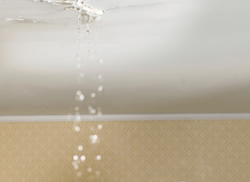 Water Damage
Water Damage Condensation Control
Condensation Control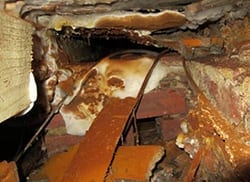 Dry Rot Treatment
Dry Rot Treatment WOODWORM & WET ROT
WOODWORM & WET ROT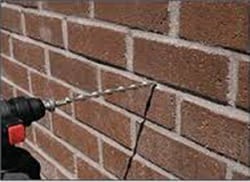 CAVITY Wall Ties
CAVITY Wall Ties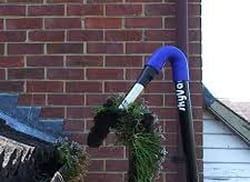 Property Maintenance
Property Maintenance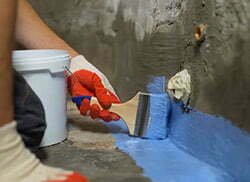 Waterproofing And Tanking
Waterproofing And Tanking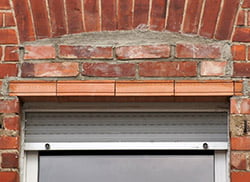 Structural Repairs
Structural Repairs
